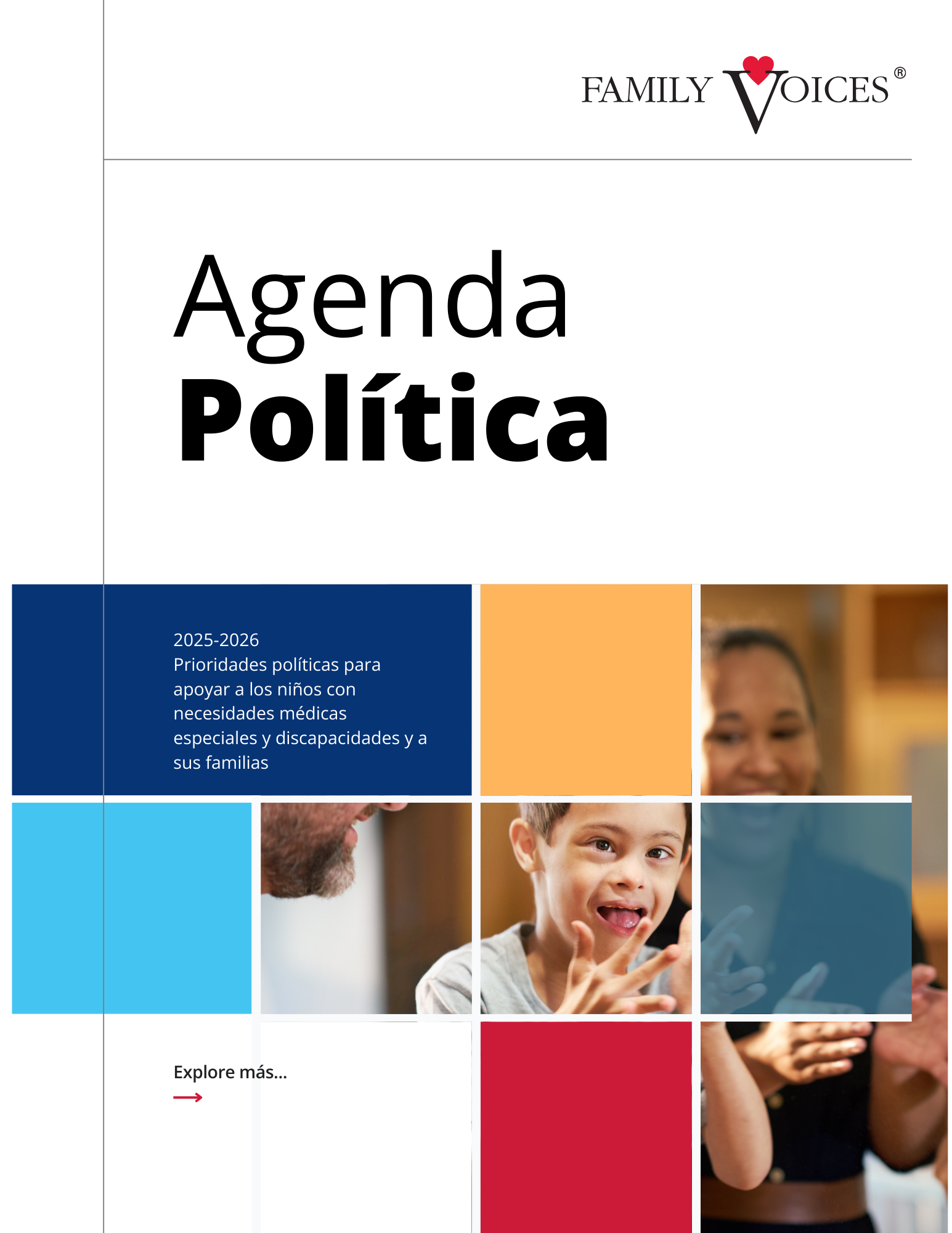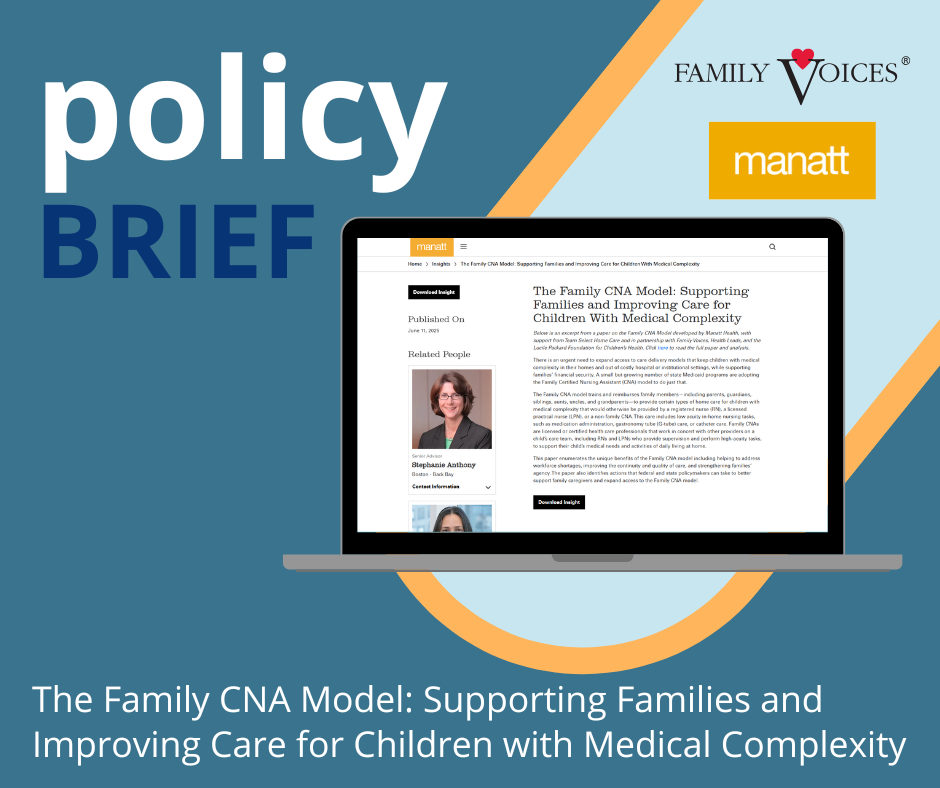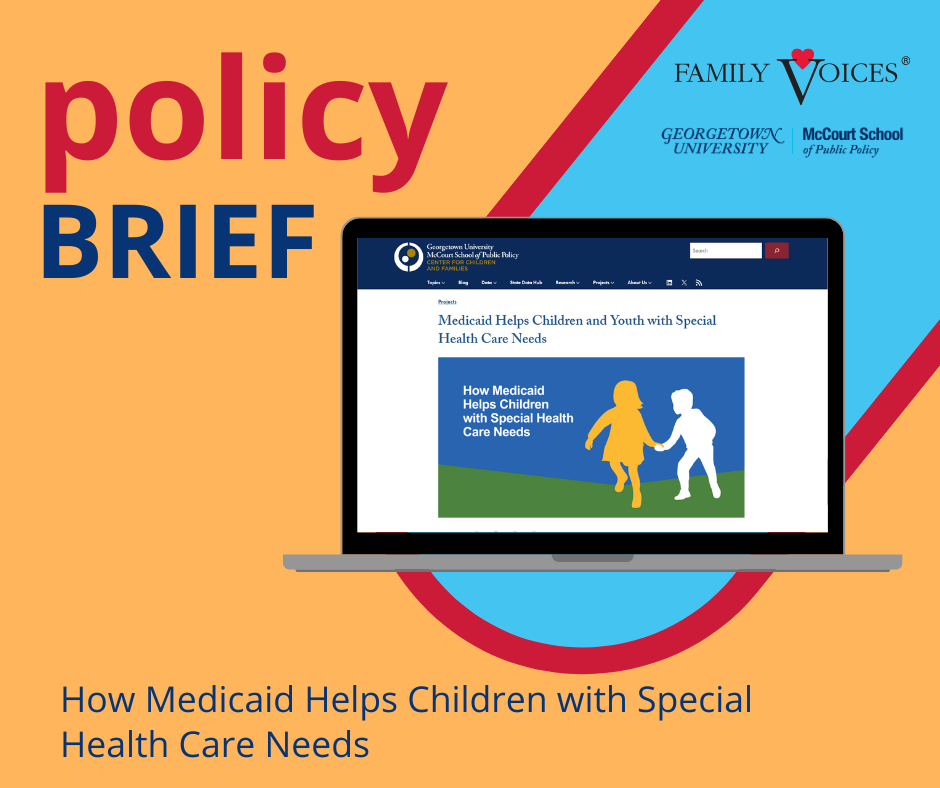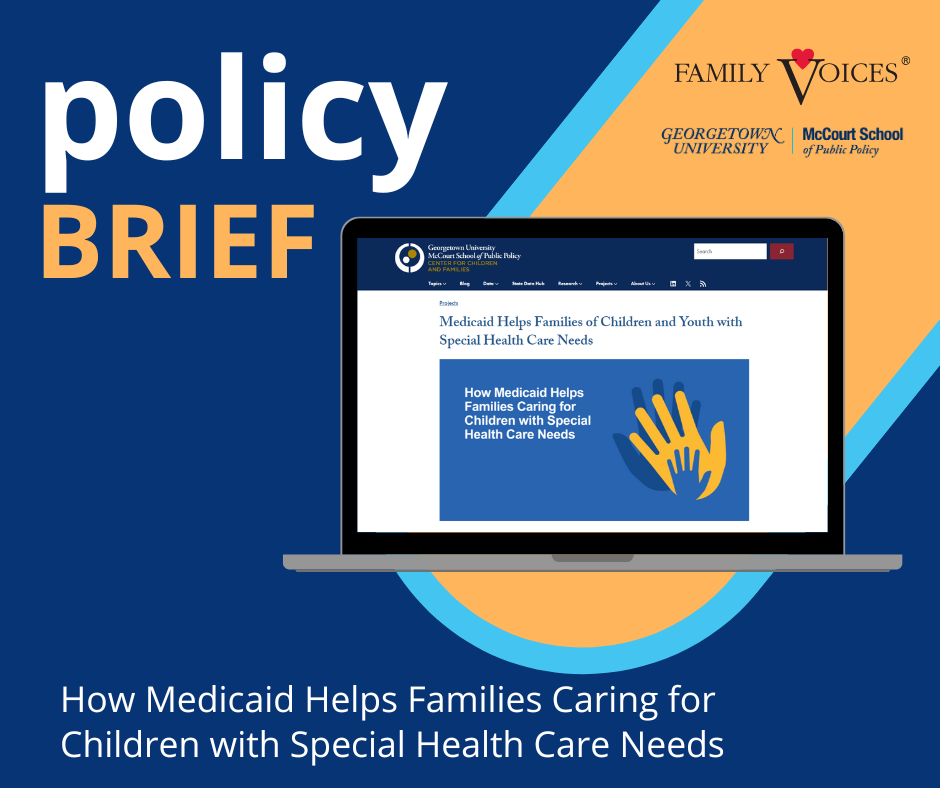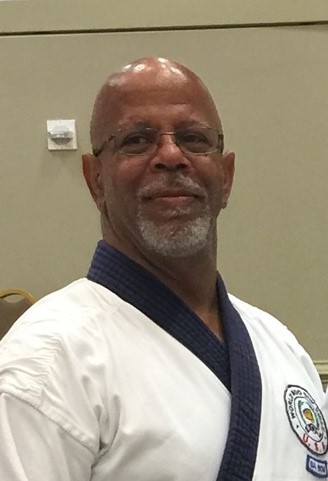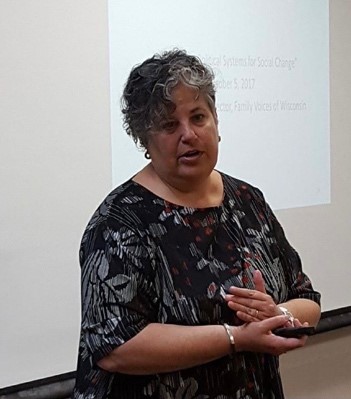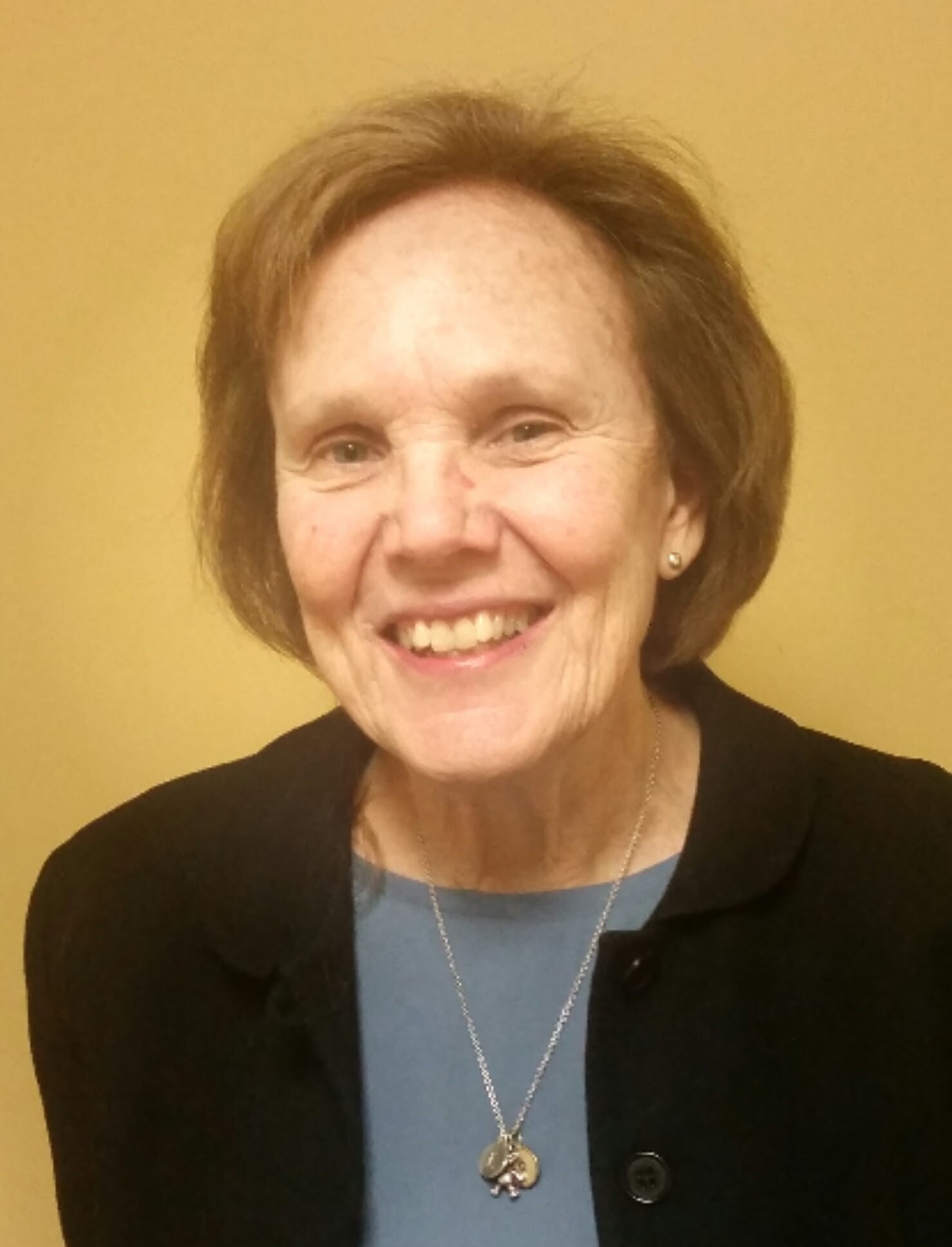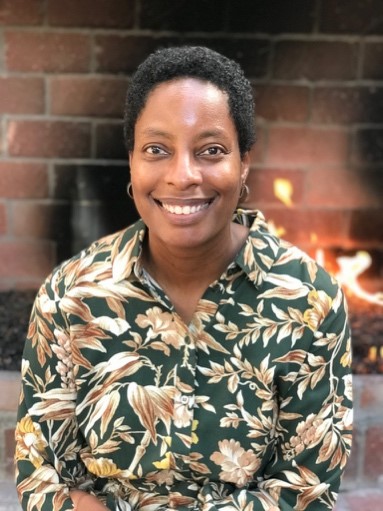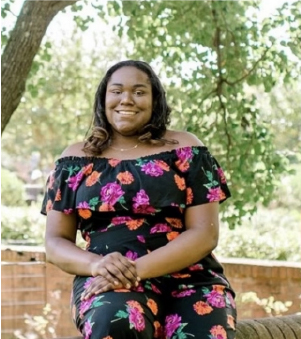
Public Policy
Policy Priorities to Support Children with Special Health Care Needs and Disabilities and Their Families
Our Strategic Policy Priorities
Children and youth with special health care needs and disabilities, and their families, face systemic barriers and biases that impede their ability to experience their best possible lives. Systems of care do not respond to their needs holistically or facilitate access to supports that enhance their quality of life.
To make the most impact, we focus our policy actions across all levels of government – federal, state, and local. We work with our family and organizational partners to lean on the various levers of policy change through education and advocacy.
Our current policy agenda includes:
- Expand access to peer-to-peer support for families of children and youth with special health care needs
- Support and expand Medicaid coverage for children and youth with special health care needs and their families and caregivers
- Improve the transition to adult health care for youth and young adults with disabilities and their caregivers and families
- Eliminate language access barriers
Family Voices collaborates with national child health and disability organizations, such as the Consortium for Citizens with Disabilities, The Arc, Autism Speaks, the American Academy of Pediatrics, and other groups.
Recent Policy-Related News
Agosto del 2025: Estado de la reautorización de los F2F: Sin cambios
La financiación de los F2F se garantiza mediante una resolución continua hasta septiembre de 2025. Family Voices sigue colaborando con la congresista Mikie Sherrill (demócrata de Nueva Jersey) y la congresista Mónica De La Cruz (republicana de Texas) para impulsar el...
El Senado aprueba la financiación para el año fiscal 2026 para los programas de salud materno-infantil.
A finales de julio, la Comisión de Asignaciones del Senado aprobó su proyecto de ley de financiación para el año fiscal 2026 para Trabajo, Salud y Servicios Humanos, Educación y Agencias Relacionadas (Labor-HHS, por sus siglas en inglés). Las cantidades de...
Senate Passes Fiscal Year 2026 Funding for Maternal and Child Health Programs
At the end of July, the Senate Committee on Appropriations approved its Fiscal Year (FY) 2026 Labor, Health and Human Services, Education, and Related Agencies (Labor-HHS) funding bill. Funding amounts are still subject to change as negotiations continue. Proposed...
Enmiendas a la exención 1115: Actualización de julio de 2025: Períodos de comentarios abiertos
Para obtener más información sobre las enmiendas propuestas a la exención 1115 de Medicaid para Iowa, comuníquese con Wesley en publicpolicy@familyvoices.org. Kentucky – La propuesta 1115 de Kentucky referirá a los adultos de entre 19 y 60 años que hayan estado en...
Julio del 2025: Estado de la reautorización de los F2F: Sin cambios
La financiación de los F2F se garantiza mediante una resolución continua hasta septiembre de 2025. Family Voices sigue colaborando con la congresista Mikie Sherrill (demócrata de Nueva Jersey) y la congresista Mónica De La Cruz (republicana de Texas) para impulsar el...
Legislation
The legislation tracked below is for informational purposes only. It is not meant to be an endorsement for or against the legislation. Action updates may occur daily, if actions are taken by Congress. Newly introduced legislation will be added weekly.
The legislative tracker is sorted by latest action. To navigate this page, you can scroll through just as you would a normal webpage. You can also click Ctrl+F on your keyboard and type in the search box.
For additional information and to read the full text (if available), click the highlighted bill number. You can also navigate to Congress.gov and search using key terms or phrases, or the bill numbers listed below.


